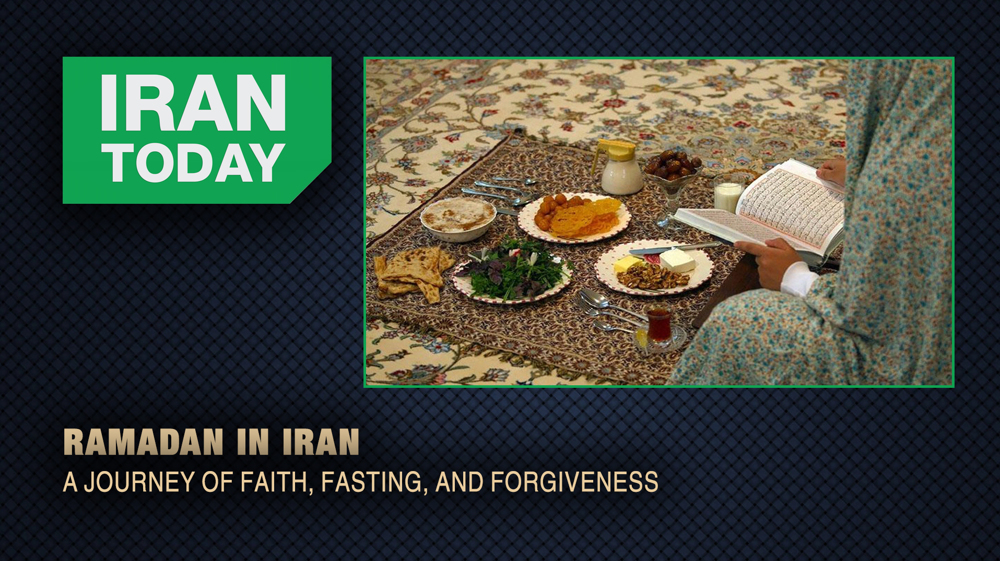Situation of Islamic banking in Iran
Despite the close scrutiny by Iran's Central Bank, recently there's been a cloud of doubt hovering over the true application of Islamic principles and precepts in Iran's banking sector.
Around 14 hundred years ago, Islam found its way into the land of Persians and it now constitutes some 98% of the Iranian population’s faith.
Interestingly enough, Islam taught people how to have rules and regulations for each and every minor aspect of social life, all that which is now referred to as the Islamic Jurisprudence or Sharia law.
In 1983, Iranian Parliament following extensive researches by Islamic Jurists ratified and issued an executive order of usury-free Islamic banking practice based on which usury is strictly forbidden.
A few Shia Jurisprudential leaders have uttered criticism against high interest rates and the penalties some banks demand for payment delays and have called it as being equally so, “un-allowed” or Not Halaal, religiously speaking.
Usury or usurious practice, in Islamic teachings, is as if one is declaring war against the Almighty God. After many years of having passed various laws in terms of Islamic banking, a lot of people still believe, the Iranian banking sector is yet to become fully Islamic.
The fact that the country’s economy is greatly dependent on banks, to supply its financial resources, is one reason why, the majority of banks have been led to a path, which many Islamic scholars believe isn’t completely compatible with the Sharia.
In Islamic banking, and as a means to remove this allegation and as a result its adverse implications of a usurious nature, one is encouraged to adopt Islamic frameworks of agreement and contractual formats known as “Oghood”. These contracts are essentially a manner of collaboration with the banks, so that in return for a given action, an agreed interest is accrued on both parties’ accounts.
Based on the Iranian Islamic Banking Act, banks are allowed to offer some 12 types of Islamic contracts, to their clients.
Normally, interest rates make up the biggest share of banks' income source. In western banks, that income is provided from the rate of interests they charge on the loans they offer to their clients which is usury and is banned in Islamic Sharia.
However, in Islamic banks, the income is provided by the profit of contracts like the profits withdrawn in partnerships or leasing contracts, benefits drawn from renting contracts with conditions for ownership and forward contracts. Zero-interest loans-giving is an Islamic tradition, meant to combat usury.
In this Godly practice, which has roots in the Quran, the Muslims are encouraged to lend each other money without expecting any interest. Such funds were set up here in Iran, since before the Islamic Revolution (38 years ago) and were busy loaning people in need small albeit useful sums of money.
Watch the full version of this episode here:
VIDEO | Press TV's news headlines
VIDEO | American, Israeli rabbis call for ceasefire during protest near Gaza
Iran calls for enhanced defense cooperation with Russia
US campus crackdown: 500 pro-Palestinian protesters arrested
VIDEO | Yemenis rally in Sana'a in solidarity with Palestinians in Gaza
VIDEO | Jordanians march after Friday prayers in support of Palestinians
Far-right Israeli minister Ben-Gvir injured
Germany clears pro-Gaza camp as US-style demos spread across Europe









 This makes it easy to access the Press TV website
This makes it easy to access the Press TV website